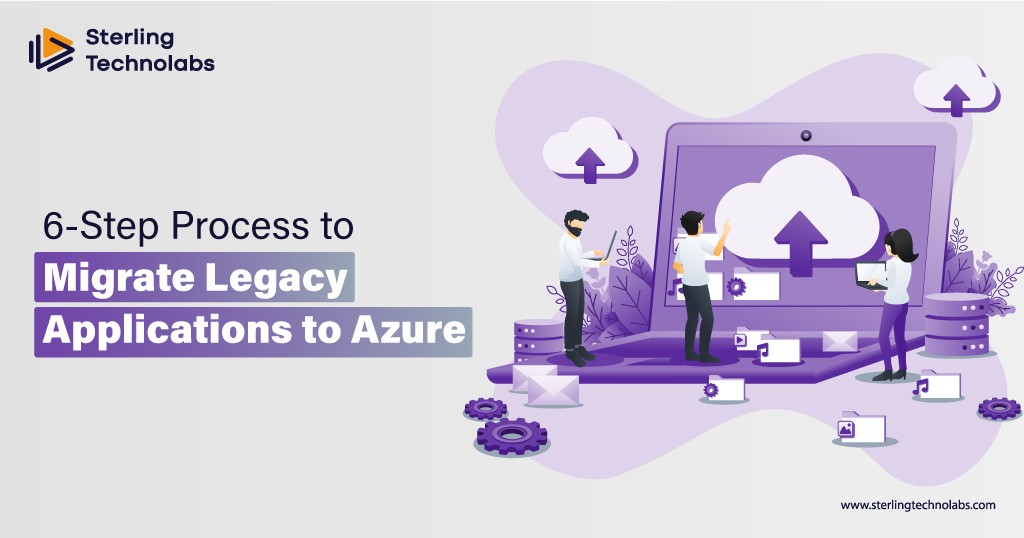In today’s digital age, eCommerce websites are a crucial component of any business, big or small. It is essential to have a fast and reliable platform that can handle a large volume of traffic, support various payment gateways, and ensure security for both the customer and the seller. Laravel is one of the most popular PHP frameworks for web development and has gained significant traction in the eCommerce industry due to its robustness and flexibility. This article will discuss the benefits of using Laravel for eCommerce web development and why it is a popular choice among developers.
What is Laravel eCommerce Web Development?
Laravel eCommerce web development refers to using the Laravel PHP framework to build online stores and eCommerce websites. Laravel provides developers with various tools and features to build scalable and robust eCommerce websites quickly and easily.
Laravel eCommerce web development follows the Model-View-Controller (MVC) architecture, which clearly separates concerns and makes it easy to build complex applications. Laravel’s modular structure makes adding new features and functionality to an eCommerce website easy as the business evolves.
Laravel’s built-in authentication and authorization systems make protecting user data easy and prevent unauthorized access, making it an ideal choice for eCommerce web development. Additionally, Laravel’s caching systems and optimized database queries ensure that eCommerce websites are fast and responsive, providing customers a seamless shopping experience.
Laravel provides developers with a range of features that are specifically designed for eCommerce web development, including:
- Shopping Cart: Laravel’s built-in shopping cart makes managing and tracking customer orders and items accessible.
- Payment Gateway Integration: Laravel provides a range of built-in payment gateway integrations, making it easy to accept customer payments.
- Order Management: Laravel’s order management features make it easy to manage customer orders, including order processing, shipping, and tracking.
- Product Management: Laravel’s product management features make it easy to manage product catalogs, including product descriptions, images, and pricing.
- Customer Management: Laravel’s features make it easy to manage customer data, including customer profiles, order history, and support tickets.
Laravel eCommerce web development also benefits from the active Laravel community, which provides developers with a vast range of resources, including packages, tutorials, and forums for support. The community also regularly contributes to the development of Laravel, ensuring that it remains up-to-date and relevant.
What is Laravel Development?
Laravel development refers to building web applications using the Laravel PHP framework. Laravel is a free, open-source PHP web application framework that follows the Model-View-Controller (MVC) architectural pattern. It provides developers with various tools and features to build scalable, robust, high-performance web applications.
Laravel was first released in 2011 by Taylor Otwell and has since gained popularity among developers due to its ease of use, flexibility, and robustness. Laravel uses a modular approach to development, allowing developers to build complex applications using smaller, reusable components.
Laravel provides developers with a range of features, including:
- Routing: Laravel provides an easy-to-use routing system that makes it easy to define the routes for an application.
- Middleware: Laravel’s middleware feature allows developers to add logic to an application’s request/response cycle.
- Blade Templating Engine: Laravel’s Blade templating engine provides an easy-to-use syntax for defining templates and views.
- Eloquent ORM: Laravel’s Eloquent ORM makes it easy to work with databases and provides an object-relational mapping (ORM) system.
- Artisan CLI: Laravel’s Artisan command-line interface (CLI) provides developers various tools for managing and building Laravel applications.
Laravel also provides built-in authentication and authorization systems, making it easy to secure web applications. Additionally, Laravel’s modular architecture makes it easy to add new features and functionality to an application as it evolves.
What is Laravel Framework Development?
Laravel framework development is building custom solutions using the Laravel framework. Laravel is a flexible and modular framework that allows developers to create custom solutions for various business needs. Developers can use Laravel’s built-in tools and features to build complex applications, including eCommerce websites.
Benefits of Using Laravel for eCommerce Web Development
- Security: Security is a top concern for eCommerce websites, and Laravel provides developers with built-in security features that ensure the safety of both the customer and the seller. Laravel’s authentication and authorization systems make it easy to protect user data and prevent unauthorized access.
- Scalability: eCommerce websites require a platform that can handle a large traffic volume and scale as the business grows. Laravel’s modular structure and built-in caching systems make it easy to scale an eCommerce website without compromising performance.
- Customization: Every eCommerce website is unique, and Laravel allows developers to create custom solutions to meet specific business needs. Laravel’s modular structure makes adding new features and functionality to an eCommerce website easy as the business evolves.
- Community Support: Laravel has a large and active community of developers who contribute to the framework’s growth and provide support to other developers. The community provides developers access to a vast library of packages and resources, making finding solutions to common problems easy.
- Testing: Testing is an essential aspect of eCommerce web development, and Laravel provides developers with testing tools that make it easy to test their code and ensure its quality. Laravel’s testing tools allow developers to write unit, integration, and functional tests, ensuring their code is robust and reliable.
- Performance: Performance is critical for eCommerce websites. Laravel’s built-in caching systems and optimized database queries ensure that eCommerce websites are fast and responsive, providing customers a seamless shopping experience.
Conclusion
Laravel is ideal for eCommerce web development due to its security, scalability, customization, community support, testing tools, and performance. The framework’s built-in tools and features allow developers to create custom solutions to meet specific business needs. Laravel’s active community of developers and a vast library of packages and resources make it easy for developers to find solutions to common problems. Overall, Laravel is a robust framework that can help businesses create fast, reliable, and secure eCommerce websites that provide customers with a seamless shopping experience.



No comments:
Post a Comment